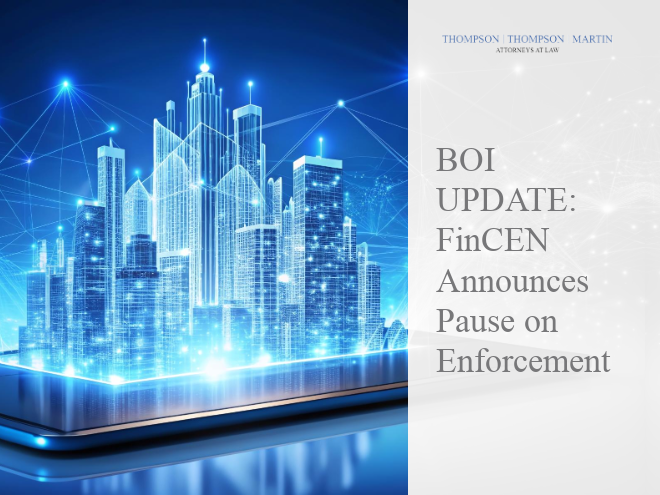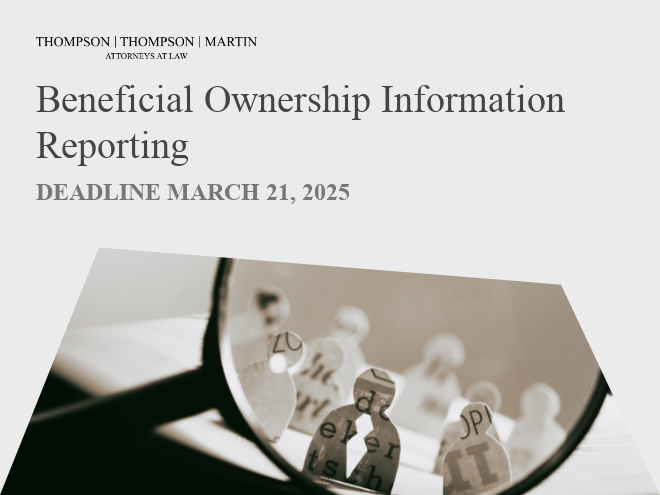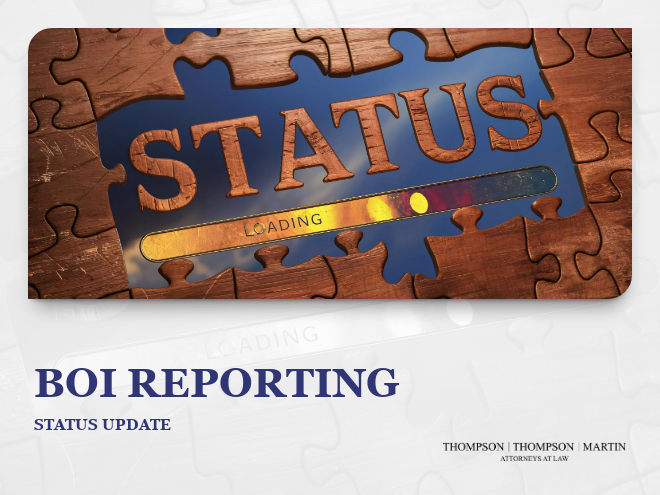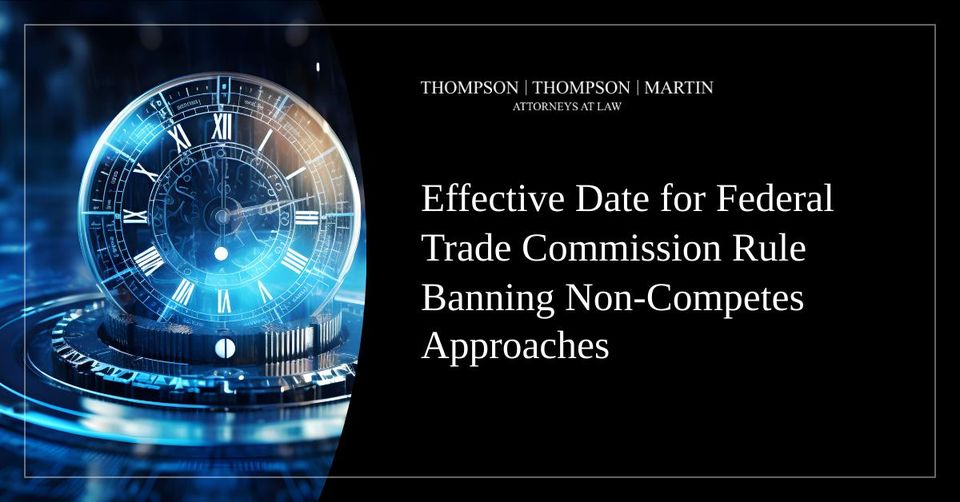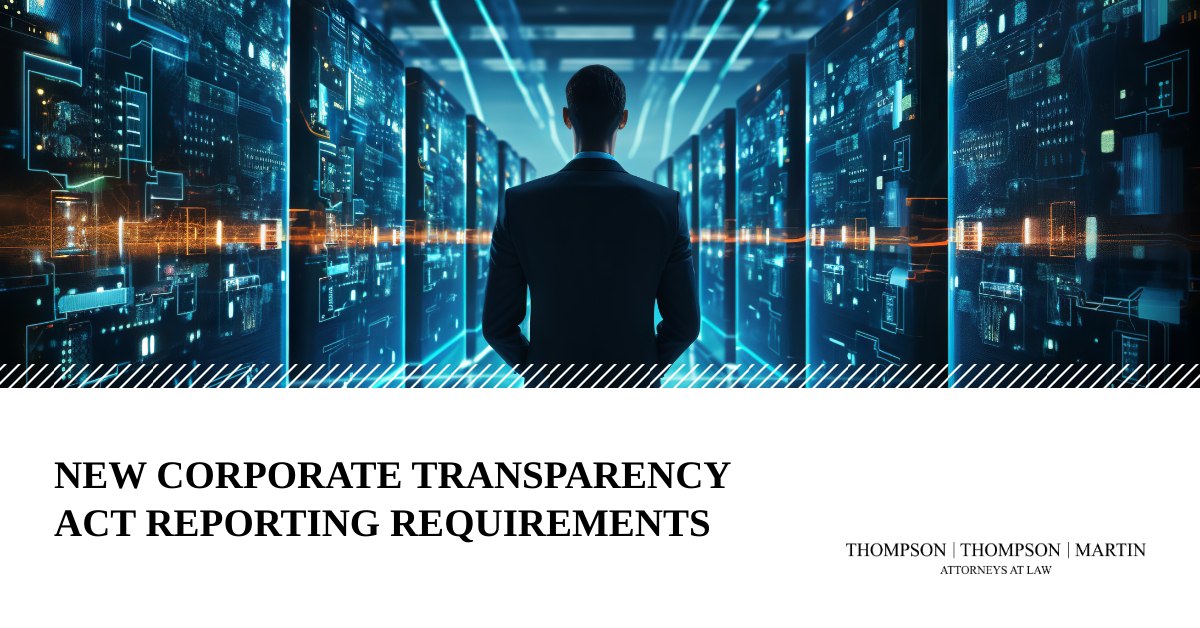VITAL CORPORATE TUNE-UP ITEMS FOR 2025
If you think your corporation has a shareholders’ agreement, voting trust, voting agreement, or provisions in your articles of incorporation or bylaws for voting rights or economic/transfer rights, think again. They may have already become unenforceable under Georgia corporate law. Voting Trusts. Under Official Code of Georgia Annotated (O.C.G.A.) §14-2-730, voting trusts become unenforceable 10





